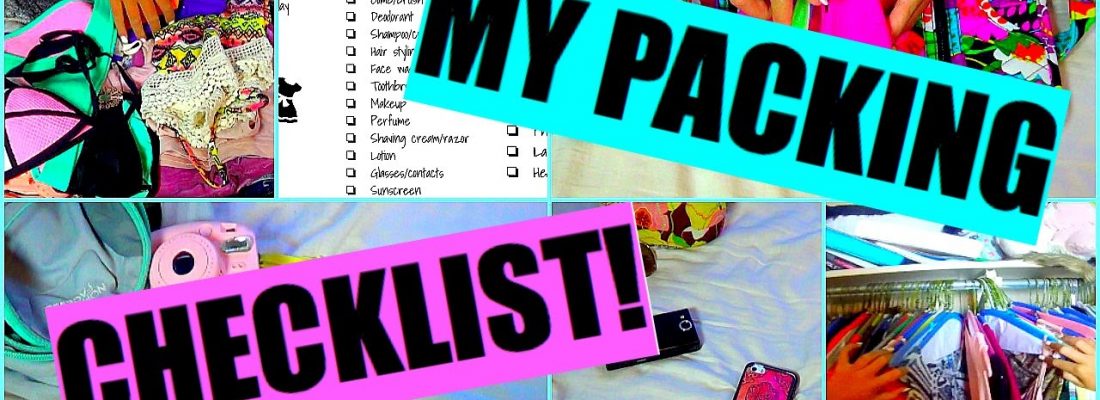Start early – No matter how good you are, packing always takes longer than you think. Start two or three weeks before moving day. Pack items you use least first. I always start with china and books.
Pack strategically – Mark the boxes you know you will need first with a star or other symbol. Put belongings you will want on Day One — sheets, towels, toiletries, change of clothes — in suitcase or clothes hamper for easy access.
Have a dedicated packing room – Chose a little-used room or corner of your house to serve as the packing station. Build boxes of assorted sizes so they’re ready to grab. Momentum is key. Keep a stash of good thick markers, packing tape, and packing materials such as bubble wrap, popcorn or unprinted newsprint there.
Save money on boxes – Get used ones. In a move to be greener, U-Haul started a Take a Box Leave a Box program, said Howell. After a move, drop off still-good boxes at the nearest U-Haul, where others can pick them up and reuse them for free.
Go Light – Many self-movers think a large box is for big heavy stuff, but the opposite is true. Fill large boxes with light stuff, and put heavy items, like books, in small boxes. “You’d be surprised how many people fill large boxes until they weigh 100 pounds and break. And that slows things down,” said Howell.
Don’t pack air – Many folks empty dressers and chests before they move. Don’t. This adds to packing time and wastes usable truck space. Leave dressers full. If a chest is empty, fill it with linens, said Howell. You will also get less load shift. Likewise, don’t pack empty suitcases. Fill them.
Trash bags – Boxes are great because they stack, but so are sturdy trash bags, because they squish. Fill large trash bags with soft nonbreakables. They can be stuffed into trucks and morph into shapes that boxes can’t.
Use Hangers – Don’t pack hanging clothes. Keep them on hangers and put them in the back of your car. flat. Then hang them back up in the new place.
Pad, stack, and pack – Don’t pack blankets or beach towels; use them as pads and save on boxes. Wrap and tape blankets around artwork and lamp bases. And stack and pack lampshades; they often take a beating in a move. Remove each shade; stack them small to large, then put them together in one box to ensure that they arrive intact.
Label on multiple sides – Mark every box with its contents and destination (kitchen) on more than one side. Also note if contents are fragile. Though movers likely won’t care, you’ll know to go easy on them.
Be ready – Have everything packed before the movers arrive or before you get the truck. Disassemble furniture that will need to be taken apart. (Tape nuts and bolts securely to furniture items.) Roll area rugs up tight and tape them. The more organized you are, the less time you will spend on movers — who charge by the hour — and truck rental.
Load smart – If you’re loading a moving truck yourself, maximize space and keep items from shifting by loading in sections from the floor up. Load heaviest items first, in front and on the floor. Pack tightly and to the top, then move onto the next section.



